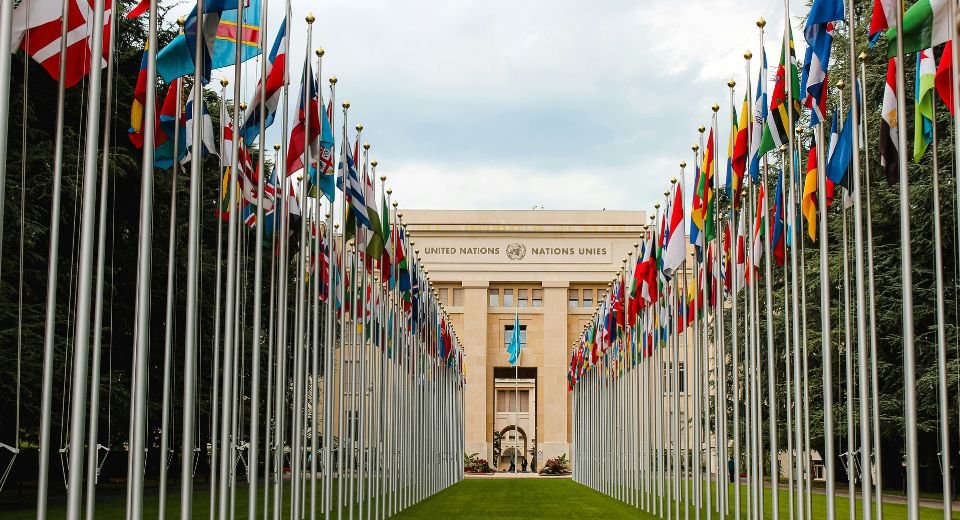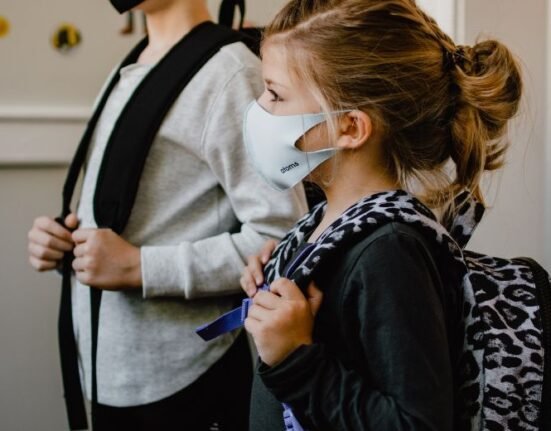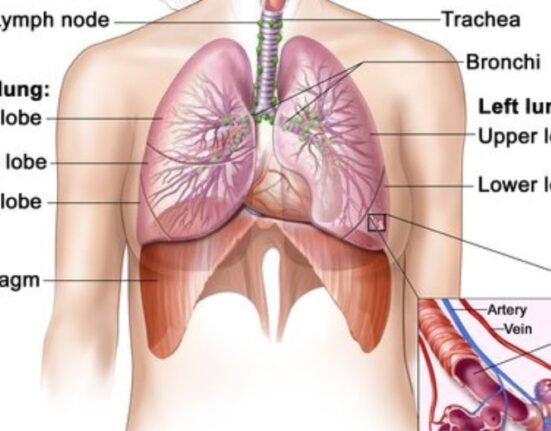HQ Team
March 21, 2024: A panel consisting of Nobel laureates, former presidents and prime ministers have urged global negotiators of WHO member states to redouble their efforts to reach a consensus on the Pandemic Accord.
The panel issued a joint open letter pressing for accelerated progress in the current negotiations to reach the world’s first-ever multi-lateral agreement on pandemic preparedness and prevention.
The ninth round of Pandemic Accord negotiations is underway this week and next.
The talks follow a decision in December 2021 by the World Health Organization’s 194 member countries to negotiate a convention, agreement, or other international instrument that would support pandemic prevention, preparedness, and response globally.
The deadline for those negotiations has been fixed in May and the Accord is to be delivered in time for the 77th World Health Assembly.
Misinformation, disinformation
The global effort, however, has been threatened by misinformation and disinformation, according to the Office of Gordon and Sarah Brown.
One such disinformation was that the pandemic accord would enable the WHO to exert far-reaching authority over countries and their citizens during a public health emergency.
Among the “falsehoods” circulating are allegations that the WHO intends to monitor people’s movements through digital passports, that it will take away the national sovereignty of countries; and that it will have the ability to deploy armed troops to enforce mandatory vaccinations and lockdowns.
All of these claims “are wholly false and governments must work to disavow them with clear facts,” according to the open letter which was reiterated by the WHO.
Voluntary participation
“Countries are doing this not because of some dictum from the WHO – like the negotiations, participation in any instrument would be entirely voluntary – but because they need what the accord can and must offer.”
The panel, consisting of 23 former national presidents, 22 former prime ministers, a former UN General Secretary and three Nobel Laureates, stated that a pandemic accord was critical to safeguard “our collective future.”
“Only a strong global pact on pandemics can protect future generations from a repeat of the COVID-19 crisis, which led to millions of deaths and caused widespread social and economic devastation, owing not least to insufficient international collaboration,” the leaders wrote.
Former UN General Secretary Ban-ki Moon, New Zealand’s former Prime Minister Helen Cark, former UK Prime Ministers Gordon Brown and Tony Blair, former Malawi President Joyce Banda, former Peru President Franciso Sagasti, and three former Presidents of the UN General Assembly are amongst more than 100 global leaders, who signed the letter.
Threat of new pandemic
The Covid-19 pandemic has claimed seven million lives and wiped $2 trillion from the world economy.
Signatories of the open letter hoped their combined influence would encourage all 194 nations to make their collective ambition of an international pandemic protocol a reality.
“A pandemic accord would deliver vast and universally shared benefits, including greater capacity to detect new and dangerous pathogens, access to information about pathogens detected elsewhere in the world, and timely and equitable delivery of tests, treatments, vaccines, and other lifesaving tools.”
“A new pandemic threat will emerge; there is no excuse not to be ready for it,” according to the open letter.








